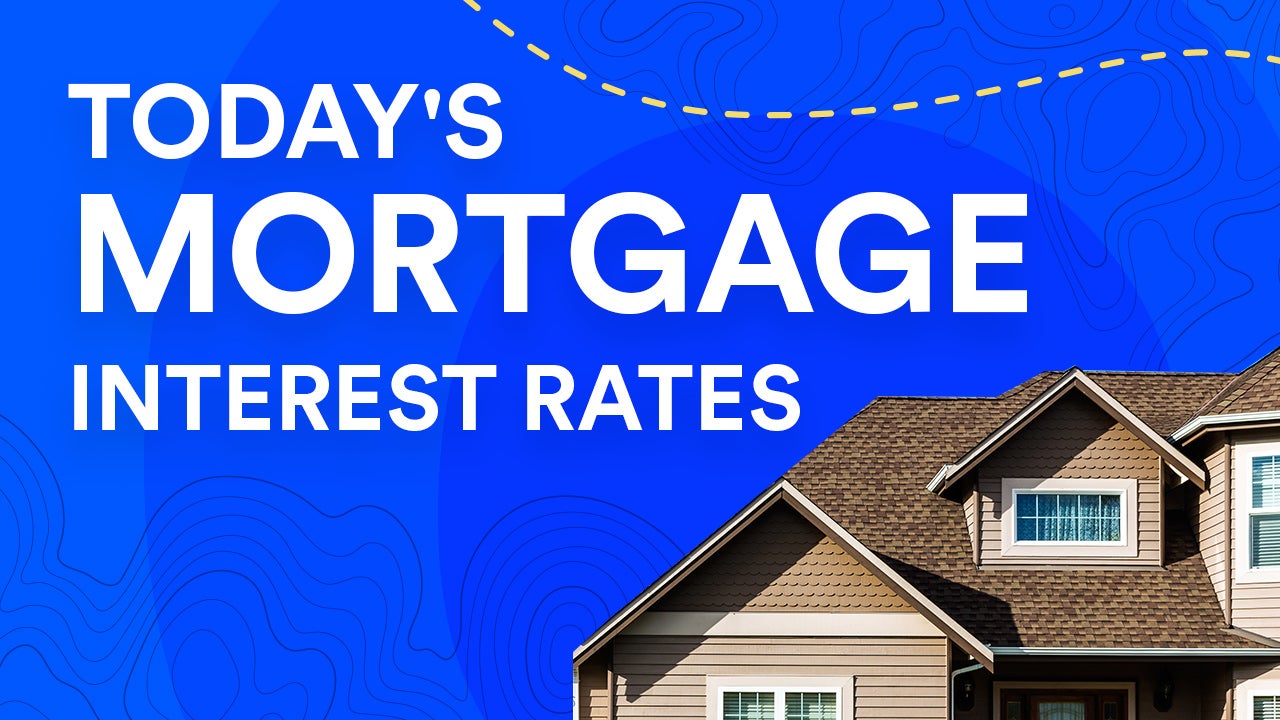Ever wondered why home mortgage rates seem to dominate every home-buying conversation? These rates play a critical role in determining how much you’ll pay for your dream home over the years. They’re more than just numbers—they’re the key to your financial future. So, let’s dive in and explore what makes these rates tick and how you can secure the best deal.
Understanding Home Mortgage Rates
How Are Mortgage Rates Determined?
Mortgage rates are influenced by a mix of national and personal factors. From federal policies to your credit score, every detail matters. Lenders assess the risk of lending you money, and higher risks often mean higher rates.
Fixed-Rate Mortgages vs. Adjustable-Rate Mortgages
A fixed-rate mortgage offers stability with unchanging payments, while an adjustable-rate mortgage (ARM) starts low but fluctuates over time. Which one fits you? It depends on how long you plan to stay in the home and your risk tolerance.
The Role of Credit Scores in Mortgage Rates
Think of your credit score as your financial GPA. The higher it is, the lower your mortgage rate could be. Scores above 740 usually unlock the best rates, so polish that credit before applying!
Factors That Affect Home Mortgage Rates
Federal Reserve Policies
The Federal Reserve doesn’t set mortgage rates directly, but its decisions on interest rates ripple through the housing market. When the Fed hikes rates, mortgage rates usually follow.
Economic Indicators and Inflation
High inflation typically pushes mortgage rates higher, while a sluggish economy might keep them low. It’s a balancing act dictated by market conditions.
Housing Market Trends
Demand and supply in the housing market also play a role. When homes are in high demand, lenders may adjust rates to balance the market.
Personal Financial Profile
Your income, debt-to-income ratio, and employment history all impact the rate you’re offered. Lenders want assurance that you can handle monthly payments.
Types of Home Mortgages and Their Rates
Conventional Mortgages
These are the most common and come with competitive rates but stricter credit requirements.
FHA Loans
Backed by the government, FHA loans cater to first-time buyers and those with lower credit scores, but they may come with slightly higher rates.
VA Loans
Exclusive to veterans and active military members, VA loans often feature lower rates and no down payment.
Jumbo Loans
For high-value properties, jumbo loans come with higher rates and stricter qualifications.
Current Trends in Home Mortgage Rates
Overview of Recent Rate Changes
Recently, mortgage rates have been fluctuating due to inflation and market instability. Staying updated is crucial to timing your loan application right.
Forecast for Future Mortgage Rates
Experts predict modest rate increases in the coming years, tied to economic recovery. Locking in a rate now might save you thousands later.
How to Get the Best Home Mortgage Rates
Shop Around for Lenders
Don’t settle for the first offer. Compare rates from multiple lenders to ensure you’re getting the best deal.
Improve Your Credit Score
Pay off debts and avoid late payments. A little effort here can significantly lower your rate.
Save for a Larger Down Payment
A bigger down payment reduces the lender’s risk and could earn you a lower rate.
Lock in Rates at the Right Time
Timing is everything. Consult with your lender to lock in rates when they’re low.
Impact of High vs. Low Mortgage Rates
Monthly Payments and Affordability
Even a small rate increase can make a big difference in your monthly payment. Low rates boost affordability and expand your home-buying options.
Long-Term Costs of the Loan
Over a 30-year mortgage, a 1% rate difference can mean tens of thousands in additional interest.
Refinancing Opportunities
Lower rates in the future might tempt you to refinance, reducing monthly payments further.
Mortgage Rate Myths and Misconceptions
Are Fixed Rates Always Better?
Not necessarily! ARMs might be better for short-term homeowners, saving you money upfront.
Do Rates Only Depend on the Economy?
While the economy is a big factor, your personal finances play an equally important role.
Is Refinancing Always Beneficial?
Refinancing makes sense only if the new rate significantly offsets closing costs.
Tools and Resources to Compare Rates
Online Mortgage Calculators
Use these to estimate monthly payments and assess affordability.
Rate Comparison Websites
Platforms like Bankrate and NerdWallet simplify comparing rates across lenders.
Professional Mortgage Advisors
An expert can guide you through the complexities of rates and loans.
Mistakes to Avoid When Choosing a Mortgage
Overlooking Additional Costs
Don’t forget property taxes, insurance, and closing costs—they add up quickly.
Failing to Read the Fine Print
Terms and conditions matter. Look for hidden fees or penalties.
Ignoring Adjustable-Rate Risks
Low introductory rates might look tempting but could skyrocket later.
Conclusion
Home mortgage rates play a crucial role in shaping the cost of your home and your long-term financial health. Whether you’re a first-time buyer or considering refinancing, understanding the factors that influence rates and knowing how to secure the best deal is essential. By improving your credit score, shopping around for lenders, and timing your rate lock wisely, you can save thousands over the life of your loan. Remember, knowledge is power—equipping yourself with the right information and tools ensures you make a decision that aligns with your financial goals. Happy home buying.
